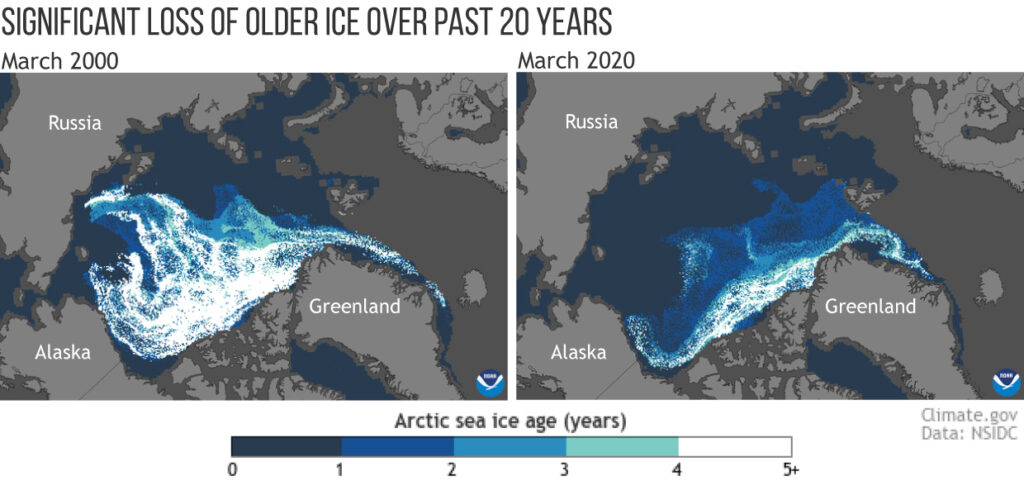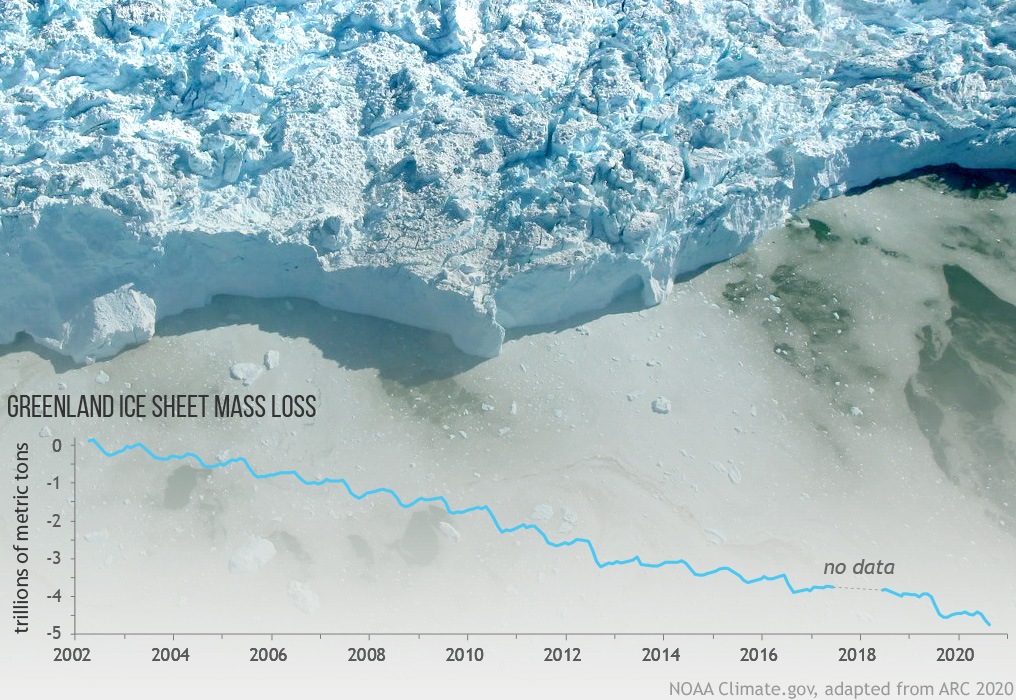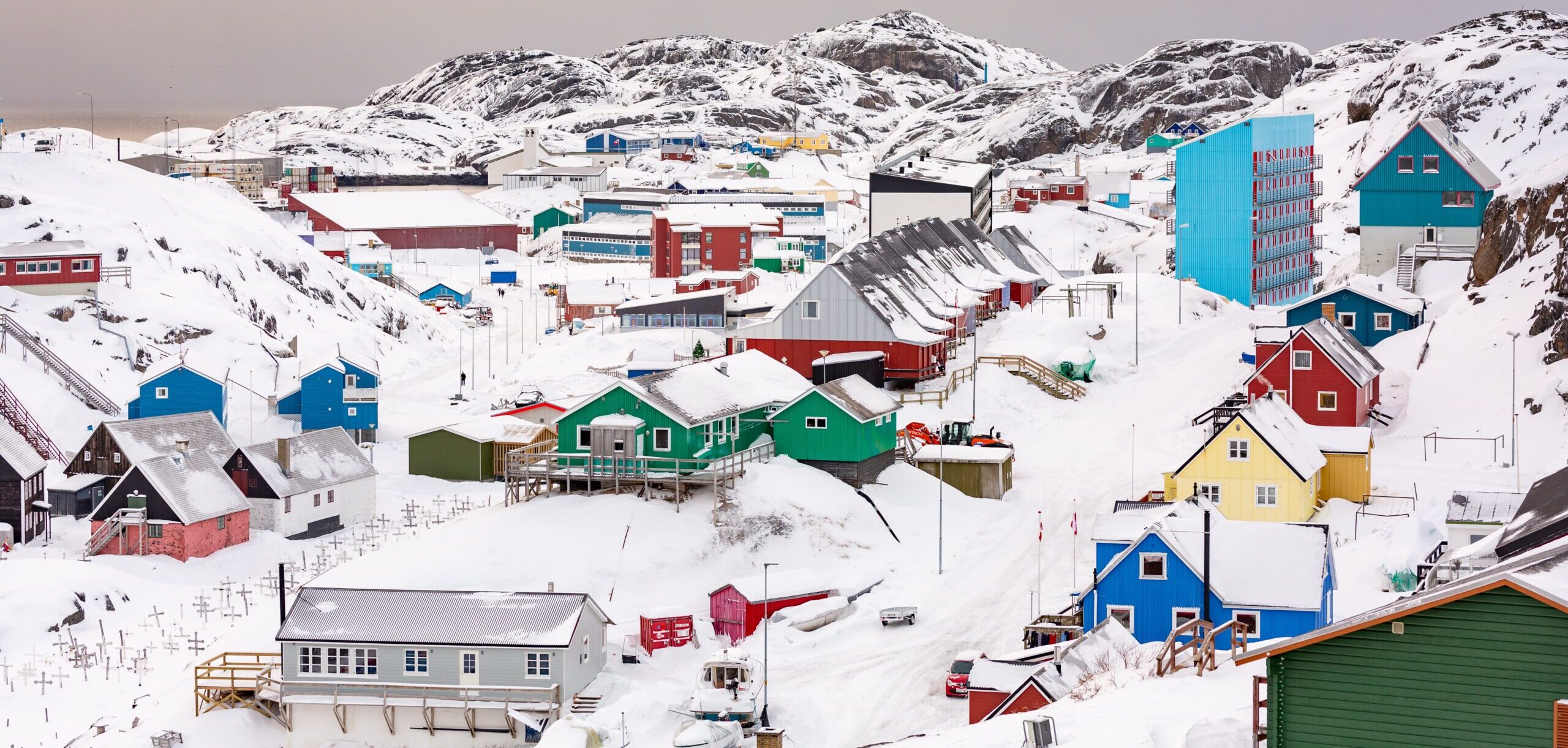Written by: Kimberly White
Greenland has suspended all new oil and gas exploration in an effort to combat climate change and focus on sustainable development.
The Greenlandic government, Naalakkersuisut, announced it would no longer issue new licenses for oil and gas exploration. The country is thought to have a significant amount of undiscovered oil deposits. The U.S. Geological Survey estimates that Greenland could have more than 17 billion undiscovered barrels of oil.
Despite the country having a substantial amount of potential oil deposits, the government has stated that the country has ceased further exploration because the “price of oil extraction is too high.”
“Naalakkersuisut takes climate change seriously. We can see the consequences in our country every day, and we are ready to contribute to global solutions to counter climate change,” said Kalistat Lund, Minister for Agriculture, Self-sufficiency, Energy, and Environment.
“The decision to stop new exploration for oil will contribute to place Greenland as the country where sustainable investments are taken seriously,” added Lund.
Greenland is often considered by scientists to be the ground-zero for climate change.
Rising temperatures are causing accelerated melting of the Greenland Ice Sheet. The Greenland Ice Sheet is the second-largest in the world after the Antarctic ice sheet, covering roughly 80 percent of the country’s surface.
In 2019, the country lost approximately 600 billion tons of ice. The ice loss the world’s largest island experienced during the 2019 Arctic summer was enough to raise the global sea levels by 2.2 millimeters, reported NASA’s Jet Propulsion Laboratory. The ice loss was more than double Greenland’s 2002-2019 yearly average.


The accelerated melting of the Greenland Ice Sheet is a cause for global concern. Scientists estimate that the global sea level would surge by more than 24ft if Greenland’s ice melted entirely.
From September 2019 to August 2020, the rate of ice loss from the Greenland Ice Sheet was much lower than the previous summer. However, it was still higher than the yearly average.
“The Greenland Ice Sheet has lost ice every year now since 1998,” said Dr. Twila Moon, scientist at the National Snow and Ice Data Center and lead author of the ARC Greenland Ice Sheet chapter. “Any ice loss is not helpful for maintaining the ice sheet. Even small years of ice loss add up.”
Naalakkersuisut’s move to cease new oil and gas exploration was welcomed by Greenpeace Denmark.
Greenpeace Denmark stated that Naalakkersuisut’s move to cease new oil and gas exploration due to the climate emergency was “great news” following “years of creative, peaceful and persistent protest.”
The Greenlandic government has decided that the country is “better off” by switching focus toward sustainable development, said Naaja H. Nathanielsen, Minister for Housing, Infrastructure, Mineral Resources, and Gender Equality.
“As a society, we must dare to stop and ask ourselves why we want to exploit a resource. Is the decision based upon updated insight and the belief that it is the right thing to do? Or are we just continuing business as usual?” stated Nathanielsen.
Header Image Credit: Filip Gielda/Unsplash







